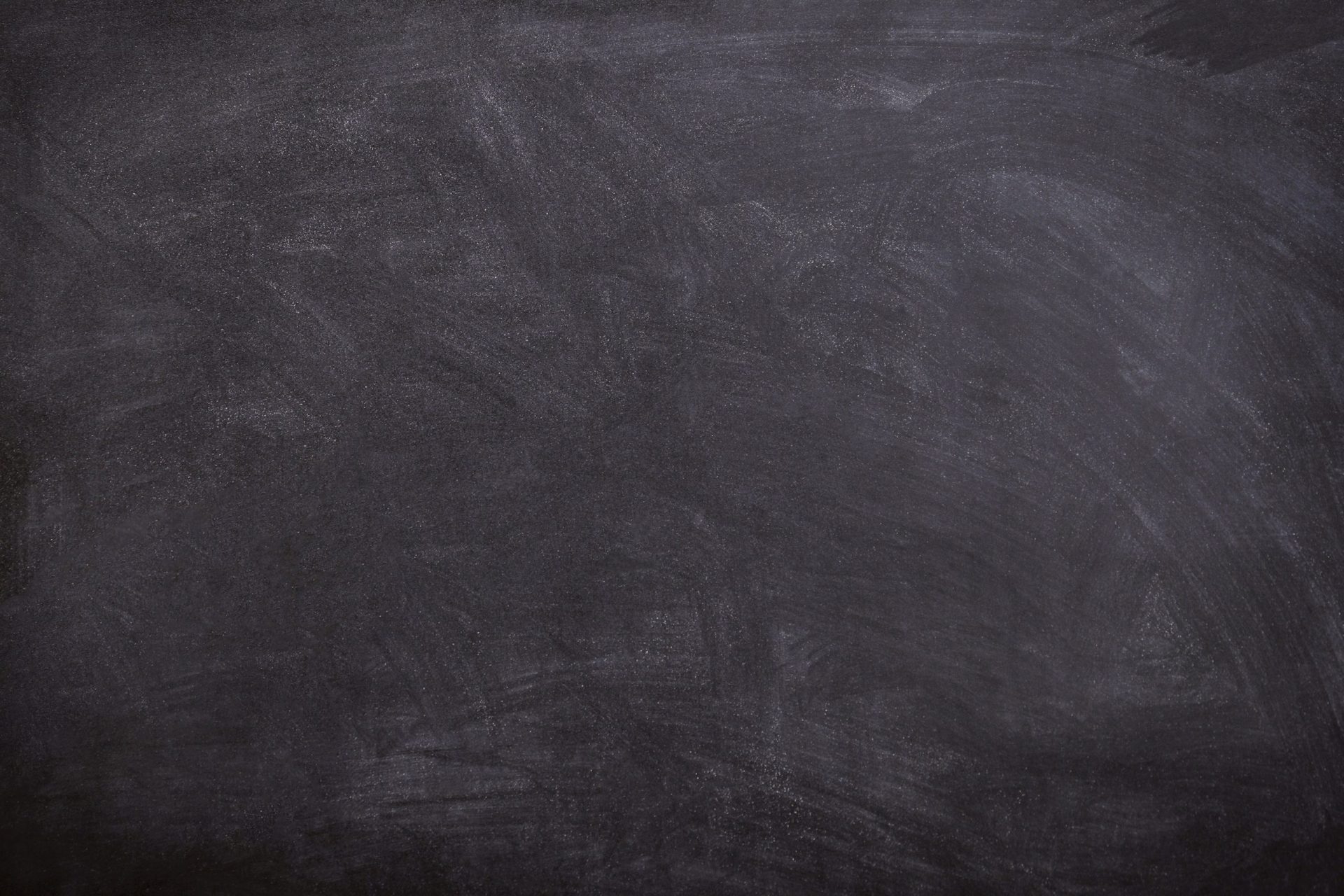We are a trilingual School- Maths, Science are taught bilingually in English and in Polish while Language/Literature and Social Studies are taught trilingual in English, Polish and Spanish or French or Chinese. We are always looking for new and innovative ways to teach our units of study. We know that there are many ways for learning language to be incorporated in science lessons. We look for methodologies that favour motivation, problem/solutions, and creative thinking while integrating STEAM principles. This is the second year that we have been involved with SeLFiE and we continue to build on year’s past.
Our Grade 3 students embarked on a book study project this year with the book, “Guardians of the Sea” which corresponded with our unit of study, “Under the Sea”. We sought out to ensure that our lessons supported inclusive, cooperative and meaningful learning across many curriculums.
Our goal was to incorporate the story into our unit of study that supports the concept of protecting our seas. We began our book study utilising many pre-reading strategies such as listening, reflecting on various water sounds, and making predictions about what the book will be about.

Our students really enjoyed listening to different water sounds and were trying to guess what they were hearing and feeling. They were also impressed with their predicting abilities!
Additionally, we incorporated a science lesson based on our unit of study on the water cycle and to understand how that process can be affected by pollution.

After doing the pre-reading strategies, we read the book twice. We discussed what we heard compared with the pictures in the book. We continued to make predictions about what may happen next. Once we
finished reading, we made a “Kanban Board” and started to make a plan about how to care for the sea. Additionally, we created a story map based on what we read. The students were great about giving their input and feedback regarding what was happening in the story and starting to formulate solutions to the problems affecting the sea and the food chain.

As part of the final activities for the book study, we discussed the two different types of polymers to support science learning. The final evaluation of what they learned in the lesson was to identify the causes, effects and solutions to the problems facing the sea. To encourage student participation, they learned how to identify and sort the seven different types of plastics. Lively discussions were had and again, they were very involved in group discussions and sorting activities.


We enjoyed exploring the problems facing marine ecosystems through the study of an entertaining book. We were able to incorporate many different skills and ensure interdisciplinary and cross-curricular learning occurred.
Sandy Ormerod, Grade 3 English Teacher
ITSW (International Trilingual School of Warsaw)


